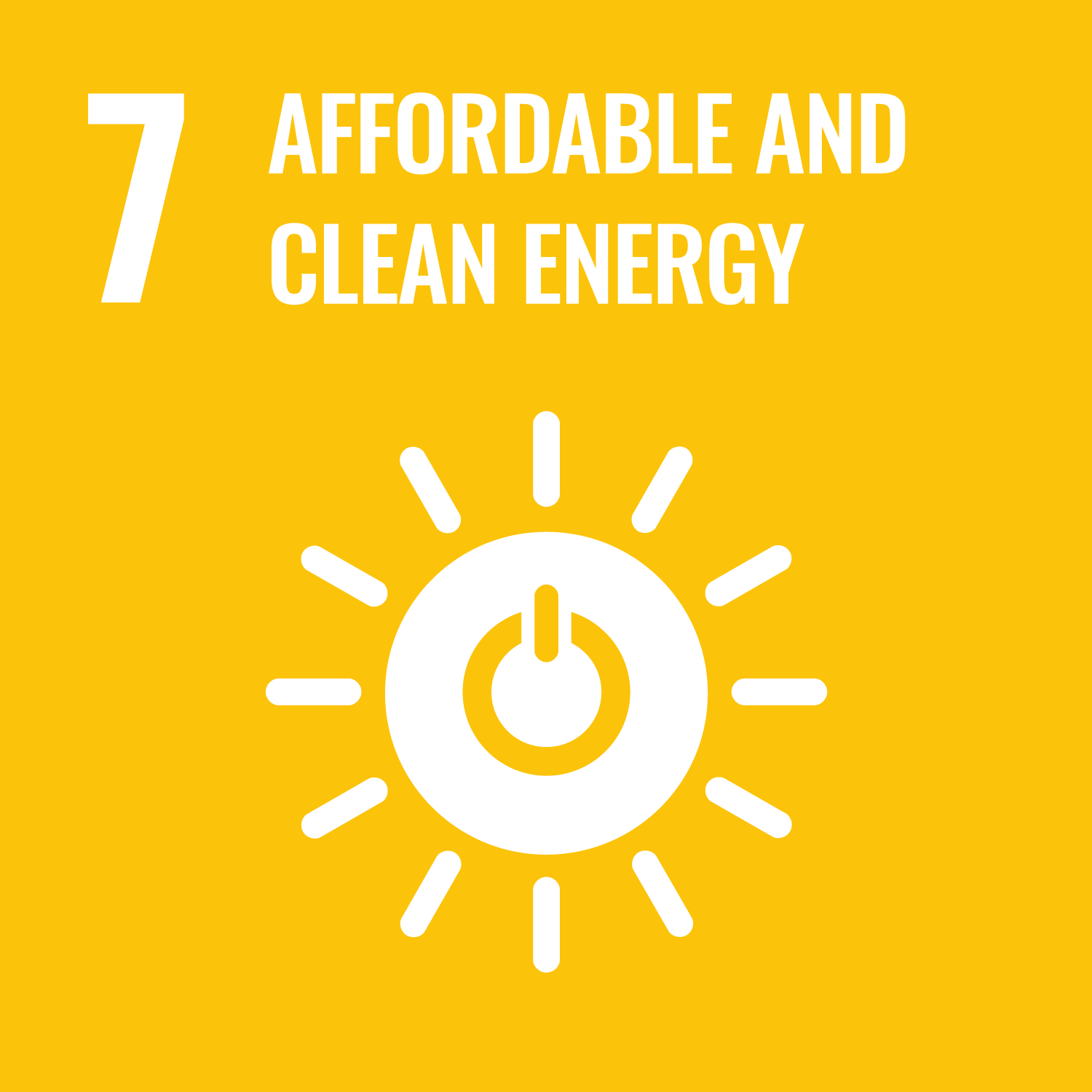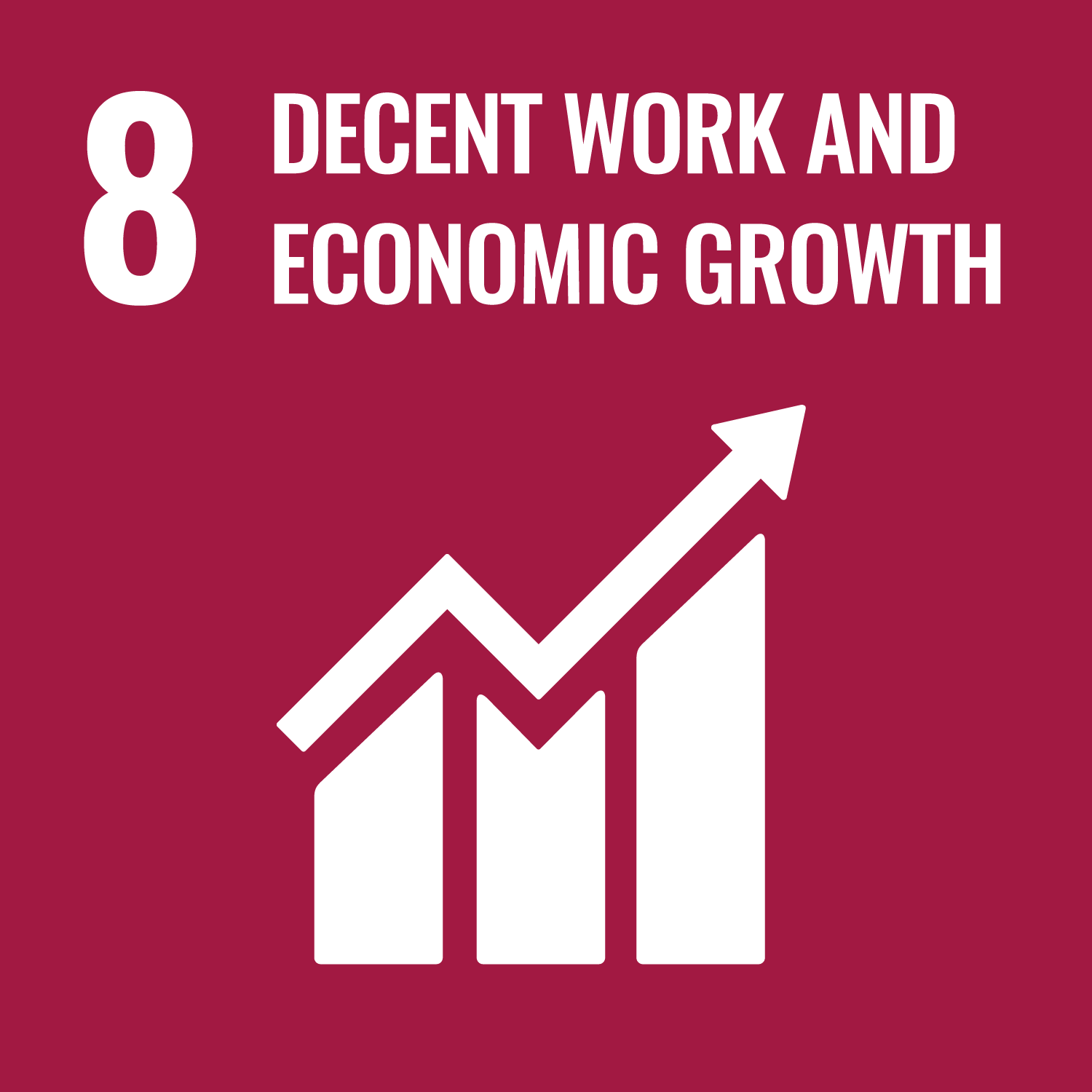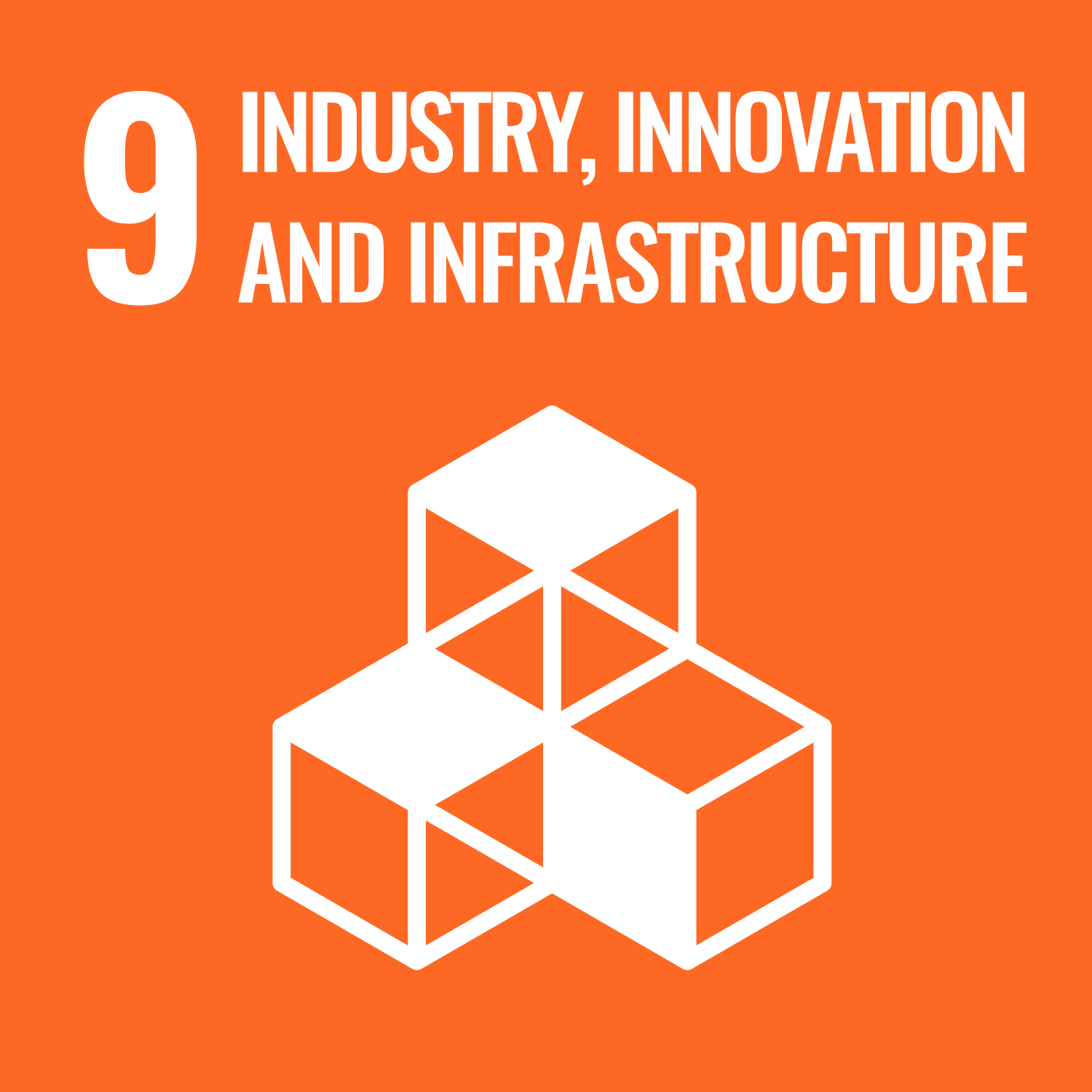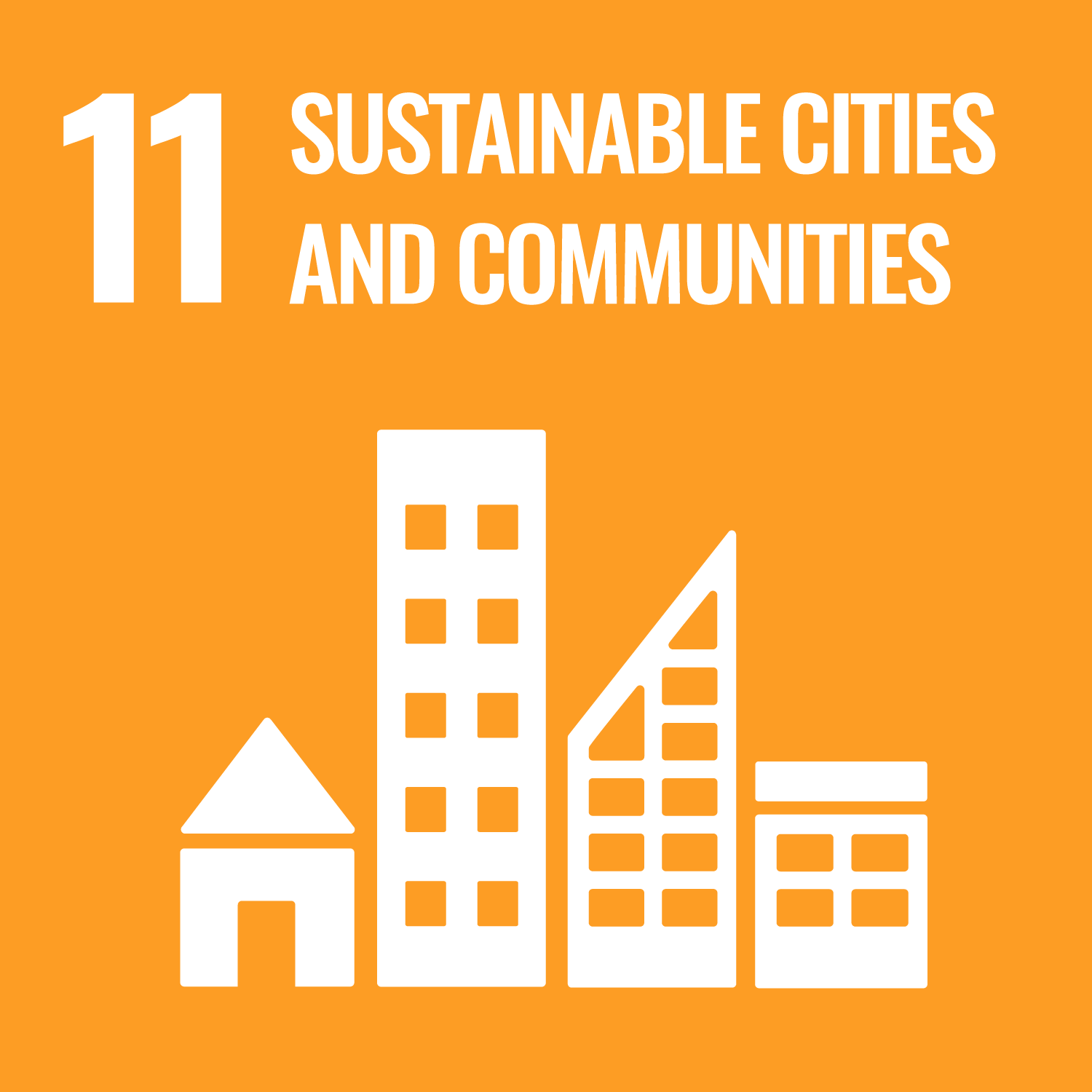ORCID
- Saeyeon Roh: 0000-0002-1985-3754
Abstract
As global concerns about climate change increase, countries face pressure to achieve sustainable development by reducing carbon dioxide (CO2) emissions. Regarding sustainable development, CO2 emissions are closely related to economic, social, and environmental factors. This study analyzes the causal relationships between CO2 emissions, economic growth, logistics efficiency, renewable energy consumption, industrialization, and urbanization using an annual dataset of 153 countries from 2010 to 2018. To this end, this study utilized a series of statistical methods, including the panel unit root test, panel co-integration test, panel Granger causality test, and variance decomposition. The panel Granger causality test results indicated bidirectional causal relationships between renewable energy consumption and urbanization, urbanization and gross domestic product (GDP), and industrialization and urbanization in the short term. However, a bidirectional causal association exists between the logistics performance index and renewable energy consumption in the long term. These empirical results show that renewable energy consumption is critical in sustainable development and suggest that, for sustainable development, governments should prioritize enhancing renewable energy consumption and logistical efficiency. The findings provide an overview of the attributes of CO2 emissions mitigated by various factors and a direction for reducing CO2 emissions.
DOI Link
Publication Date
2024-08-24
Publication Title
Environment, Development and Sustainability
ISSN
1387-585X
Acceptance Date
2024-08-17
Deposit Date
2024-11-08
Embargo Period
2025-08-24
Additional Links
Keywords
CO emissions, Granger causality, Logistics efficiency, Panel VECM, Renewable energy
Recommended Citation
Song, M., Roh, S., & Lee, H. (2024) 'Exploring the implications of logistics efficiency and renewable energy for sustainable development', Environment, Development and Sustainability, . Available at: 10.1007/s10668-024-05323-9






